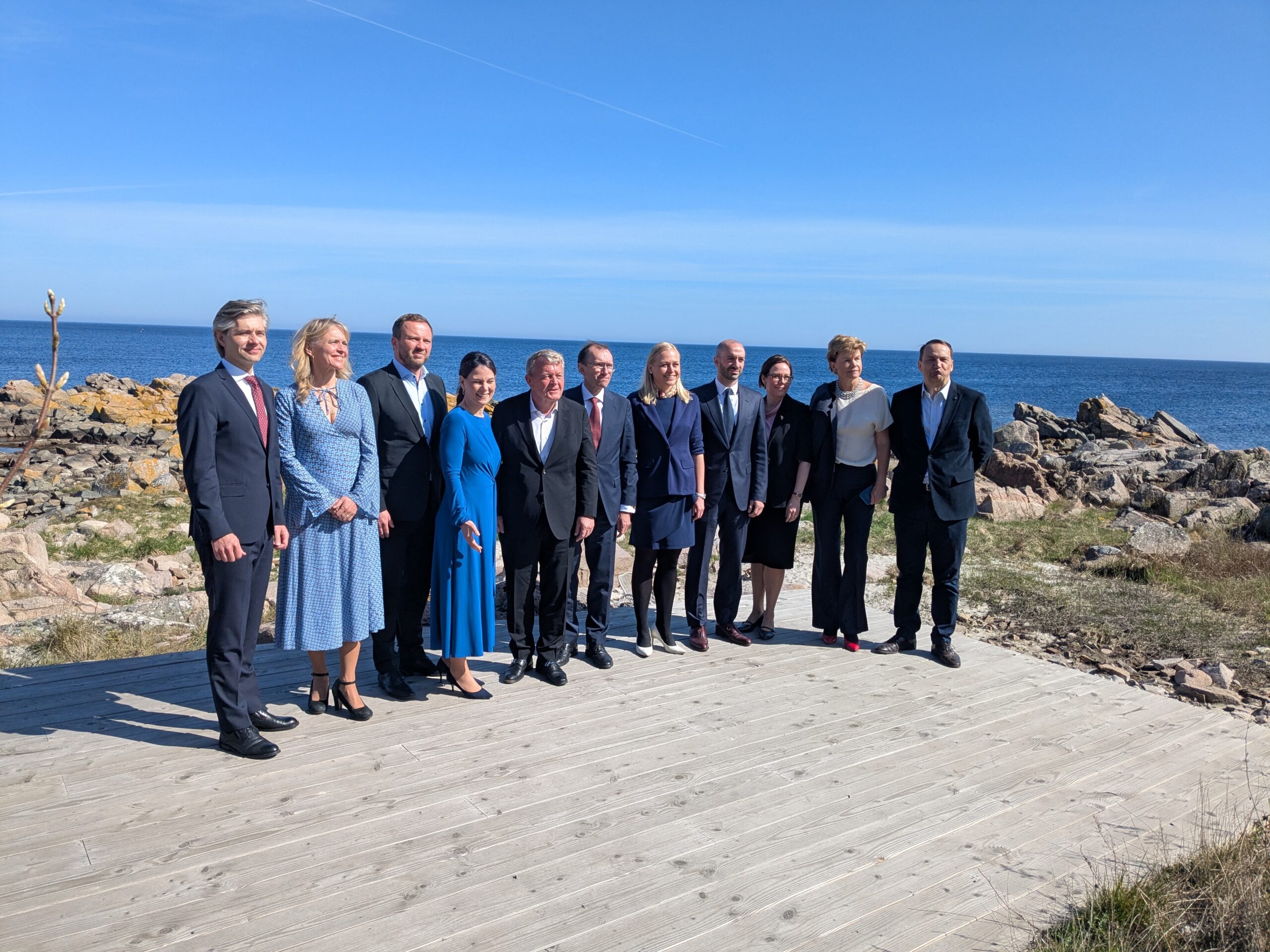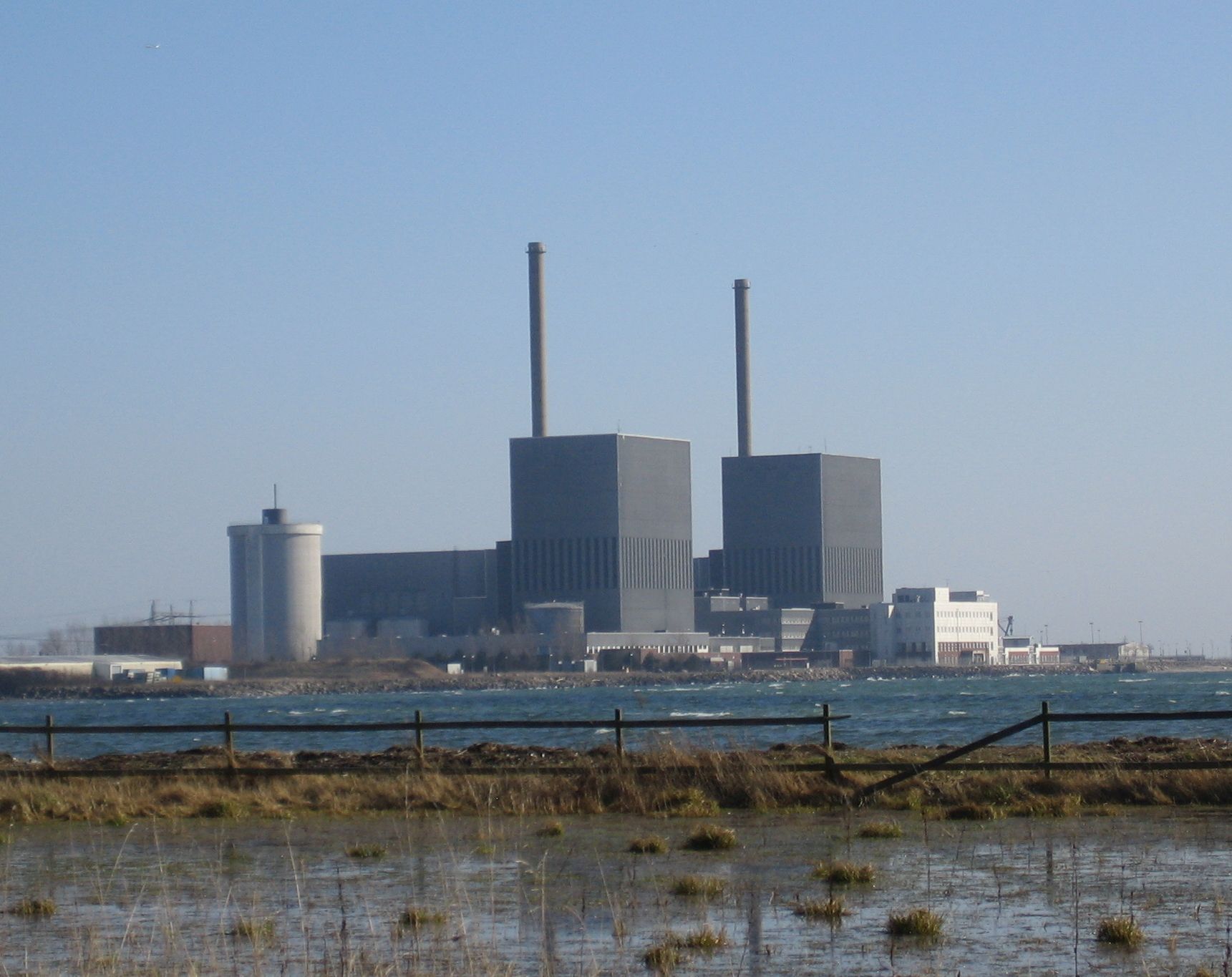Konservative leader Søren Pape Poulsen and his husband Josue Medina Vasquez Poulsen, a national of the Dominican Republic, are to divorce after nine months of marriage. The couple had been together since 2013.
The announcement, made by the PM candidate on Facebook this morning at 07:00, follows almost two weeks of intense speculation about the legitimacy of some of Poulsen’s actions and claims – occurrences that he appeared to partly blame on his husband.
READ MORE: There could be trouble ahead for the man destined to become Denmark’s first gay PM
Writing on Facebook, he explained: “Some days are harder than others. Such a day is today. Josue and I are breaking up. There has been a lot written about my private life and more over a period of time. I don’t want to go into this any further, but simply say that we both agree that our marriage is over and wish each other the best on life’s journey.”
DR political correspondent, Christine Cordsen, warns it would be unwise to draw a link between the recent events and the divorce. She does not think the affair will hinder Pape’s bid to become PM.
Claims turned out to be untrue
It would appear possible that Josue Poulsen misinformed Pape about his background: namely that he was the nephew of former Dominican Republic president Danilo Medina, and that he grew up in a Jewish family.
Investigations by Ekstra Bladet earlier this month revealed both claims were untrue – an embarrassing situation for Pape as he shared the information in the public domain, most notably the second claim to a gathering of prominent Jews in the Danish Parliament.
“My husband has said things that are wrong, while other things are based on misunderstandings. This is information that I have also passed on, but in good faith,” Pape wrote on Facebook earlier this month.
Pape concluded his announcement this morning by saying that he “has no further remarks to the media etc”.













